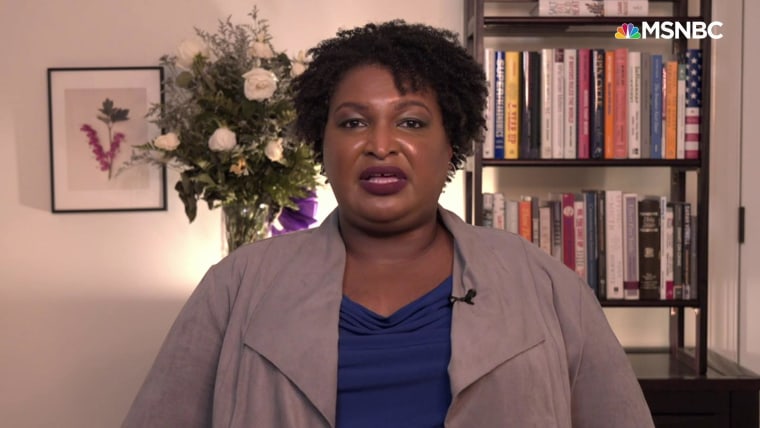"As the 2020 election season draws to a merciful close, all eyes remain on Georgia. The state voted Democratic in the presidential election — for the first time since 1992 — with Georgia Secretary of State Brad Raffensperger officially certifying the vote for President-elect Joe Biden on Friday. Now, control of the U.S. Senate depends on a pair of runoff elections on Jan. 5.
Ever since African Americans first secured the right to vote in Georgia, white supremacists have worked to take it away from them.
No single factor adequately explains the rise of the new “blue Georgia,” but the role of Black voters there, especially in the younger generations, stands out as a fundamentally important development, one that has the potential to cement the changes there for decades to come. And given the history of suppression of the Black vote in Georgia, the emergence of this key demographic is nothing short of remarkable.
Ever since African Americans first secured the right to vote in Georgia, white supremacists have worked to take it away from them.
In the late 19th and early 20th centuries, white Georgians crafted an elaborate series of new rules and regulations to block Black voting, including a cumulative and costly poll tax, an impossible-to-answer “literacy test,” and property qualifications. (Poor whites who might have been barred by these restrictions had their voting rights restored through the so-called grandfather clause.) Most significantly, Georgia made the Democratic Party’s primary — the only primary that mattered at all in the one-party “Solid South” — a purely whites-only affair.
By the end of World War II, however, much of the official structure of disfranchisement had been dismantled, due to rulings by federal courts and changes in state laws. As their legal schemes of suppression unraveled, white supremacists resorted to extralegal programs of intimidation and violence to block Black voting. In 1946, Gov. Gene Talmadge was asked how they might keep African Americans away from the polls. The demagogic Democrat picked up a scrap of paper and wrote a single word on it: “Pistols.”
In Taylor County, a Black veteran who dared to vote in the now-open Democratic Primary was dragged from his home and shot to death by four white men.
The governor’s supporters took him seriously, singling out Black voters for violent retribution. In Taylor County, a Black veteran who dared to vote in the now-open Democratic primary was dragged from his home and shot to death by four white men. Afterward, they nailed a sign up at a local Black church: “The First N----- to Vote Will Never Vote Again.” In Walton County, midway between Atlanta and Athens, a white mob gunned down two Black couples in an open field; one body was riddled with 180 bullets. “This thing’s got to be done to keep Mister N----- in his place,” a local coldly explained. “Since the state said he could vote, there ain’t been any holding him.”
Black Georgians, however, refused to stay in the “place” white supremacists assigned for them, and continued to press for full voting rights, prompting predictable responses from segregationists.
In “Terrible Terrell” County, in the southwestern section of the state, Sheriff Zeke Mathews and a dozen armed men barged into a voter-registration meeting at a Black church in July 1962. Smoking a cigar, the sheriff told the congregation that the white community was “a little fed up with this voter registration business. We want our colored people to go on living like they have for the past 100 years.” When Black activists persisted with their plans, that same church and another involved in the voting drive were firebombed that September. White terrorists fired shots into the homes of Black leaders and dynamited others, too."

No comments:
Post a Comment